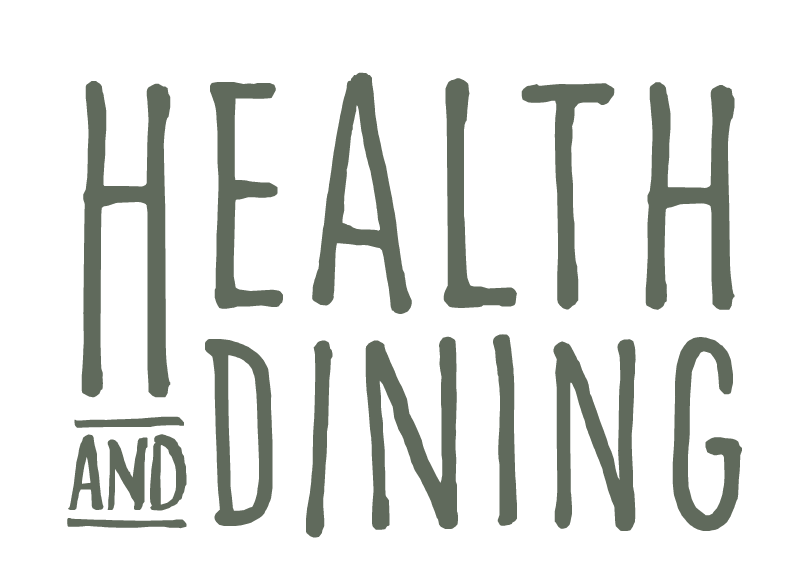Discover the Positive Impact of Self-Care on Mental Health!
Did you know that self-care has a monumental impact on your mental health? Southern New Hampshire University shares the following: “Engaging in a self-care routine has been clinically proven to reduce or eliminate anxiety and depression, reduce stress, improve concentration, minimize frustration and anger, increase happiness, improve energy, and more.” But where to begin? Health & Dining suggests the following.
The Benefits of a Self-Care Routine
A positive daily routine lays a firm foundation for a happier, healthier life. Practicing self-care is an independent decision that promises great reward for the effort. Even the smallest habit can have a noticeable impact on mental health. Prioritizing self-care offers the following benefits, among others:
● An improved mood and outlook on life
● A stronger immune system (which reduces the chance of illness)
● Decreased risk of mental health challenges such as stress, depression, and anxiety
● Improved relationships with loved ones, friends, and colleagues
In many instances, enjoying one or two of these benefits will have a knock-on effect for others.
Tips to Practicing Self-Care
There are several basic self practices that are often overlooked. Making small adjustments in the following areas can have a positive impact on mental (and physical) health.
● Include stress-reducing activities into your routine, such as mediation and listening to calm music.
● Exercise on a regular basis, whether it be a walk in the park, a yoga session, or an intense gym workout.
● Eat healthy, nutritious food. Health & Dining offers nutritional guidance and consultations to get you started.
● Make time to relax and enjoy your hobbies, such as reading a book.
● Aim to sleep between seven and nine hours each night.
● Learn to say “no” to commitments that don’t serve you.
● Experiment with natural remedies such as herbal teas and aromatherapy.
● Streamline your budget and spending habits.
Did the last tip take you off guard? Research shows that financial security is good for mental health. In many ways, caring for your finances translates into an act of self-care and improved mental wellbeing.
Financial Health for Mental Health
Mismanaged finances can be a major source of stress. Streamlining your budget and cutting costs can give you confidence in your financial situation, and decrease stress in the process. Here are some practical ways to get started:
Refinancing Your Home
Is your mortgage as cost-effective as it could be? For most people, home loans are their largest debt owed. Refinancing your home ensures that you have the best deal by taking out a new home loan to pay off the current one, usually with better rates. There are several benefits to refinancing your home. For example, homeowners can take advantage of lower interest rates, cash out a portion of the equity, and reduce monthly payments.
Make an Effort to Save Every Month
One of the best ways to save money is tThio open a savings account that earns compound interest. Assess your budget and determine how much you can afford to put aside each month. Be disciplined in saving, even if it is a small amount, and watch your money grow over the years.
Limit Impulse Buying
Impulse buying can take up a large chunk of your budget. In fact, the average American spends approximately $183 every month on impulse buying. Imagine how that money could be put to better use with a little bit of thought. It could even contribute to reducing other financial stressors and improving mental health.
This article was kindly written by Jason Lewis who is a certified personal trainer and specialises in creating programs that are considerate to the special health needs of those over the age of 65. You can find more information about Jason @ www.strongwell.org
